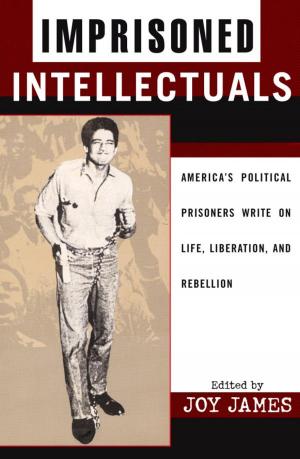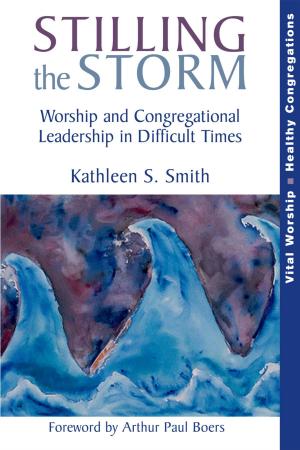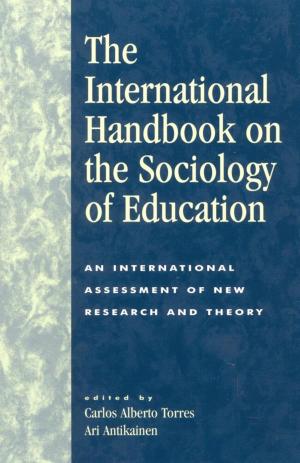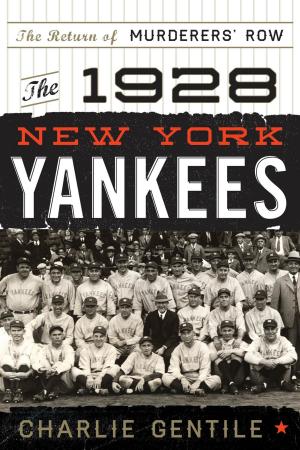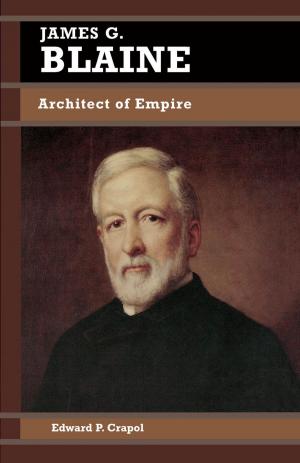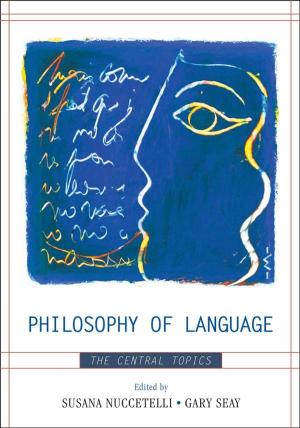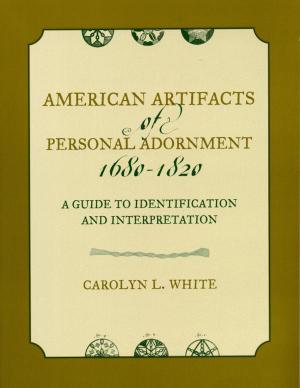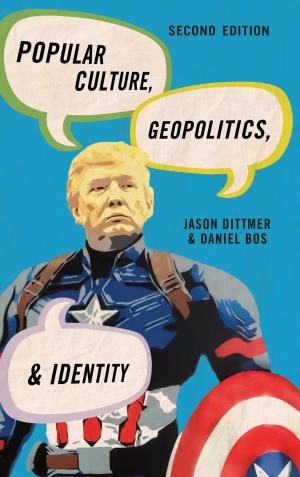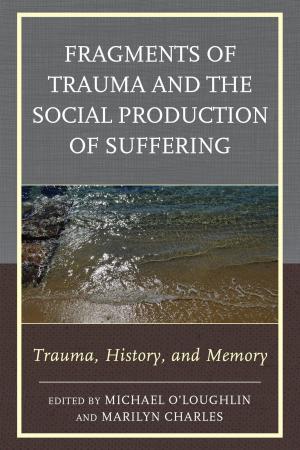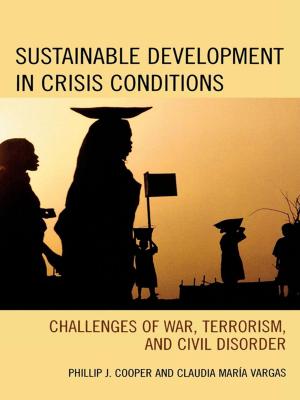Racial Oppression in the Global Metropolis
A Living Black Chicago History
Nonfiction, Social & Cultural Studies, Social Science, Cultural Studies, Ethnic Studies, Discrimination & Race Relations, African-American Studies| Author: | Paul L. Street | ISBN: | 9781461641681 |
| Publisher: | Rowman & Littlefield Publishers | Publication: | July 19, 2007 |
| Imprint: | Rowman & Littlefield Publishers | Language: | English |
| Author: | Paul L. Street |
| ISBN: | 9781461641681 |
| Publisher: | Rowman & Littlefield Publishers |
| Publication: | July 19, 2007 |
| Imprint: | Rowman & Littlefield Publishers |
| Language: | English |
Anti-black racism is a stark presence in Chicago, a fact illustrated by significant racial inequality in and around contemporary "global" city. Drawing his work as a civil rights advocate and investigator in Chicago, Street explains this neo-liberal apartheid and its resulting disparity in terms of persistently and deeply racist societal and institutional practices and policies. Racial Oppression in the Black Metropolis uses the highly relevant historical and sociological laboratory that is Chicago in order to explain the racist societal and institutional practices and policies which still typify the United States.
Street challenges dominant neoconservative explanations of the black urban crisis that emphasize personal irresponsibility and cultural failure. Looking to the other side of the ideological isle, he criticizes liberal and social democratic approaches that elevate class over race and challenges many observers' sharp distinction between present and so-called past racism. In questioning the supposedly inevitable reign of urban-neoliberaism, Street also investigates the real, racial politics of the United States and finds that parties and ideologies matter little on matters of race.
This innovative work in urban history and cultural criticism will inform contemporary social science and policy debates for years to come.
Anti-black racism is a stark presence in Chicago, a fact illustrated by significant racial inequality in and around contemporary "global" city. Drawing his work as a civil rights advocate and investigator in Chicago, Street explains this neo-liberal apartheid and its resulting disparity in terms of persistently and deeply racist societal and institutional practices and policies. Racial Oppression in the Black Metropolis uses the highly relevant historical and sociological laboratory that is Chicago in order to explain the racist societal and institutional practices and policies which still typify the United States.
Street challenges dominant neoconservative explanations of the black urban crisis that emphasize personal irresponsibility and cultural failure. Looking to the other side of the ideological isle, he criticizes liberal and social democratic approaches that elevate class over race and challenges many observers' sharp distinction between present and so-called past racism. In questioning the supposedly inevitable reign of urban-neoliberaism, Street also investigates the real, racial politics of the United States and finds that parties and ideologies matter little on matters of race.
This innovative work in urban history and cultural criticism will inform contemporary social science and policy debates for years to come.

